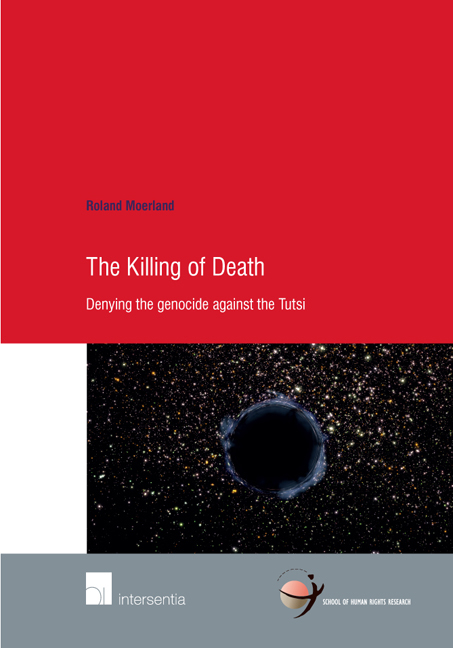
- Cited by 1
-
Cited byCrossref Citations
This Book has been cited by the following publications. This list is generated based on data provided by Crossref.
Fronza, Emanuela 2018. Memory and Punishment. Vol. 19, Issue. , p. 3.
- Publisher:
- Intersentia
- Online publication date:
- September 2018
- Print publication year:
- 2016
- Online ISBN:
- 9781780687094
- Subjects:
- Law, Human Rights
- Series:
- Human Rights Research Series


